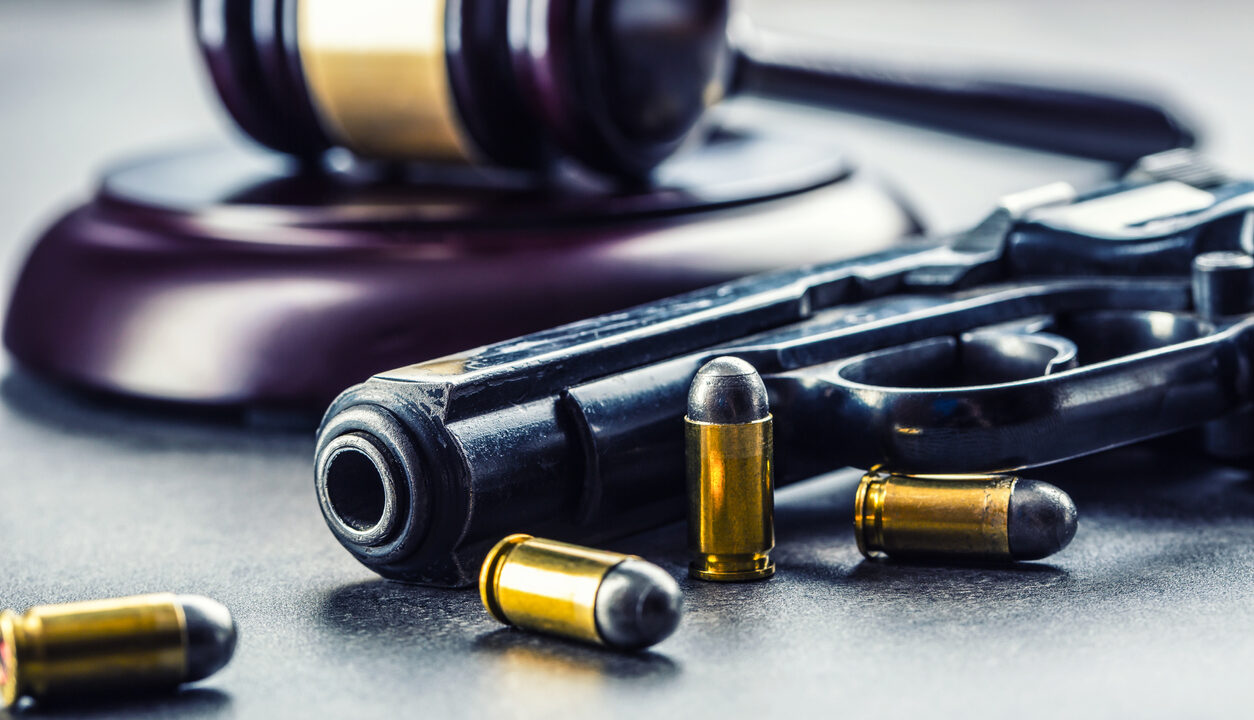At Collett Read LLP, we understand that staying informed about firearm regulations is crucial for legal gun owners and those interested in understanding the laws surrounding firearms in Canada. In this blog post, we aim to provide an accessible overview to Canadian gun legislation.
Firearm Legislation in Canada
In Canada, firearm ownership is regulated federally by the Firearms Act and the Criminal Code. The Firearms Act outlines the requirements and restrictions for owning, using, manufacturing, and transporting firearms. The Criminal Code outlines the types of firearms that are illegal and creates offences relating to the possession, storage, and use of such illegal firearms. These Acts work together to control access to firearms, prevent the misuse of firearms, and manage the risk associated with specific types of firearms.
In Ontario, additional restrictions on firearms may apply for hunting purposes under Ontario’s hunting acts. For example, Ontario’s Fish and Wildlife Conservation Act, 1997 regulates the type of firearms that may be used for hunting and the time of day in which hunting is permitted. It is essential to be aware of these provincial hunting laws, as well as the federal firearm laws, in order to ensure compliance.
Firearm Licensing
One of the fundamental aspects of gun ownership in Canada is obtaining the appropriate license. The Possession and Acquisition License (PAL) is required for individuals who wish to possess and acquire firearms. To obtain a PAL, applicants must undergo a background check, complete a safety course, and comply with other specific requirements. The license is issued by the Royal Canadian Mounted Police (RCMP) and is essential for legal firearm ownership.
Restricted and Prohibited Firearms
Firearms in Canada are categorized as:
- Non-restricted
- Restricted
- Prohibited
Non-restricted firearms are any rifle or shotgun that is neither restricted nor prohibited. Most common long guns are non-restricted, but there are some exceptions.
Restricted firearms are firearms that are not prohibited but have additional regulations imposed on their possession and use, such as stricter storage requirements and transportation restrictions. Individuals are generally permitted to obtain a license for the possession of restricted firearms for use in target practice or competitions, or as part of a collection. In more limited circumstances, individuals can obtain a license for possession of a restricted firearm for lawful work purposes. Examples of restricted firearms include handguns that are not prohibited, and firearms that are not prohibited and have a barrel less than 470 mm in length and are capable of discharging centre-fire ammunition in a semi-automatic manner.
Prohibited firearms are strictly regulated and generally include fully automatic firearms and certain types of handguns, such as those with barrels equal to or less than 105 mm in length.
Storage and Transportation
Safe storage and transportation of firearms are critical aspects of gun ownership in Ontario. Gun owners must adhere to specific guidelines to prevent unauthorized access and ensure public safety. Proper storage includes using a secure container or vault for firearms and locking mechanisms to prevent theft or accidents. When transporting firearms, owners must follow regulations regarding the use of lockable containers and unloaded firearms. Storage and transportation requirements also vary depending on the type of firearm that an individual possesses.
Firearm Offenses
The Criminal Code outlines various firearm offences that can lead to serious legal consequences if violated. These offences generally relate to the unauthorized use, illegal possession, or unsafe storage of firearms. For example, firearm-use offences can include the use of a firearm in the commission of an offence, the pointing of a firearm, the intentional discharge of a firearm, etc. Possession-related offences can relate to the unauthorized possession of a firearm, the possession of an unauthorized firearm, weapons trafficking, etc.
Penalties for firearm offences can be very serious due to Canada’s intolerance of gun violence.
Consulting with Legal Experts
If you have questions or concerns about gun laws in Ontario, it’s essential to consult with legal experts who specialize in criminal law. At Collett Read LLP, our experienced team is here to provide guidance and representation for individuals dealing with firearm-related legal issues. If you are facing charges related to firearms, we are committed to assisting you throughout the legal process. Contact us today at (905) 541-2228 or fill out a form for a free consultation.
